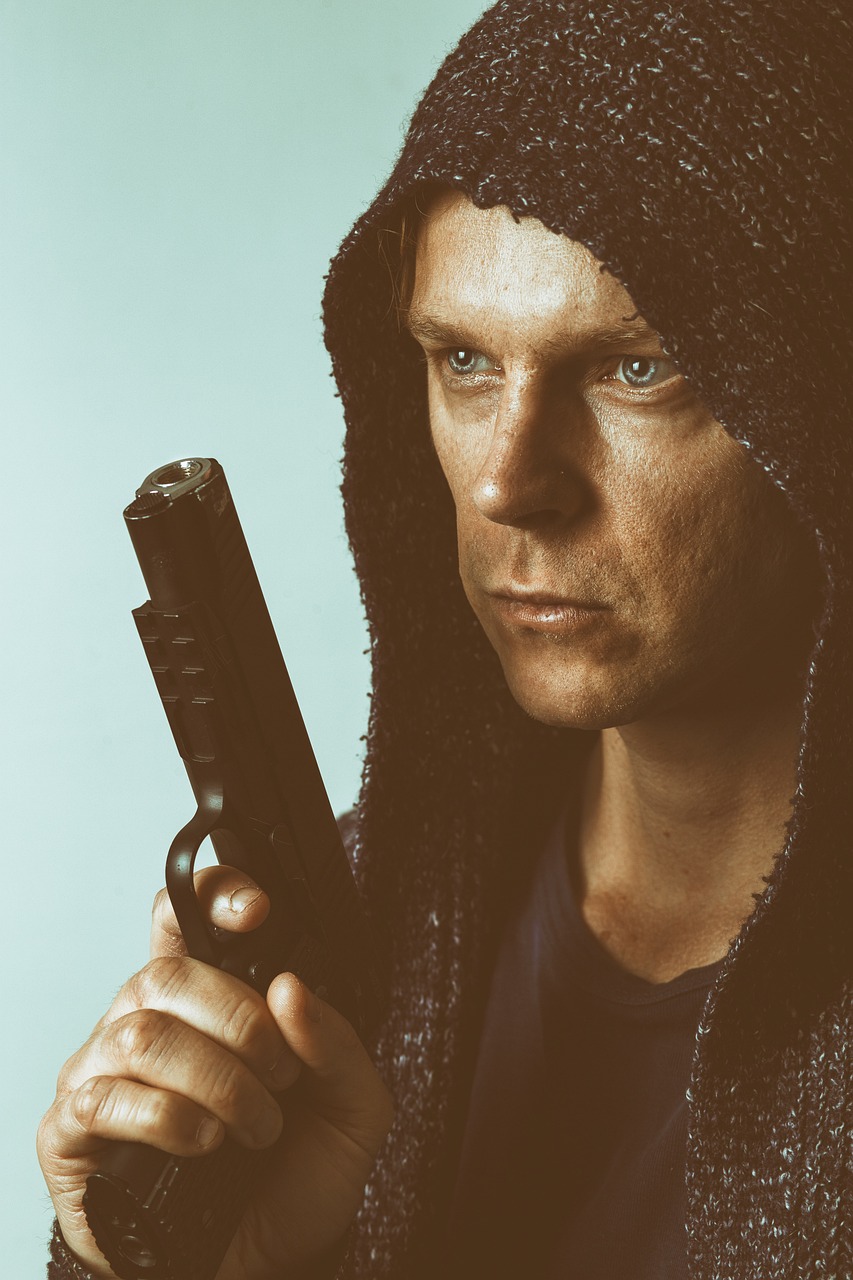Understanding Váli: The Avenger in Norse Mythology
Váli might not be one of the most celebrated deities in Norse mythology, yet his significance emerges prominently in the tragic narrative surrounding Baldr’s demise. As a god of vengeance, he finds mentions in key medieval texts such as the Poetic Edda, the Prose Edda, and the Gesta Danorum.
Born of Óðin and the jötunn goddess Rindr, his conception was distinctly unconventional; Óðin ingeniously disguised himself as a woman to seduce and impregnate Rindr, all aimed at generating an avenger for Baldr’s untimely death. Váli is depicted as wild and unkempt, characterized as both a fierce warrior and an exceptional marksman. Remarkably, he matures overnight, taking on the role of a man ready to enact vengeance swiftly. His first act is to confront and kill Höðr, a character tragically intertwined with his own fate as Baldr’s blind twin brother.
The audience familiar with the myth understands that Loki orchestrated this entire tragedy, using Höðr as an unwitting pawn in the murder of Baldr, renowned as the most cherished of the Æsir. Depending on the retelling, Váli is present when Loki faces his reckoning. After Loki is apprehended for his cunning, Váli takes the grim step of slaying one of Loki’s offspring and binds the trickster with the slain son’s entrails.
In the aftermath of Ragnarök, Váli is prophesied to endure alongside his brothers—Baldr, Höðr, and Viðarr—witnessing the rebirth of the world.
Insights on Váli’s Role
The story of Váli’s birth and purpose is steeped in complexity and, at times, discomfort, given that his destiny is intertwined with fratricide—an act considered deeply taboo in ancient Norse traditions. Resources like Saxo’s Gesta Danorum shed light on this narrative. Following Baldr’s death, Óðin seeks out prophetic figures for guidance on avenging his son’s murder. The prophecy dictates that Rindr will bear a son who will undertake Baldr’s vengeance. In many versions, Rindr is either deceived or forcibly compelled to unite with Óðin, who adopts the guise of a healer.
Much like his brother Viðarr, Váli takes a vow of abstinence before wreaking vengeance, as illustrated in Vegtamskviða:
“Rindr will bear Váli in western halls:
he, Óðin’s son, will fight when one night old;
he’ll neither wash his hands nor comb his head
before he conveys Baldr’s shooter onto the funeral pyre.”
The narrative indicates that honoring Baldr does not bring solace to the gods. With Baldr’s passing and the loss of Höðr and his wife Nanna, Váli’s actions result in deep sorrow rather than pride. Moreover, his act of killing his half-brother lays the groundwork for the catastrophic events predicted during Ragnarök. This tragic saga resonates deeply within Norse mythology.
Emblems and Connotations
Váli is emblematic of youthful warriors, symbolizing ritualistic purity and the solemnity often associated with warfare.
Related Deities
Known by various names, Váli is also referred to as Vála, Ali, and Bous.



